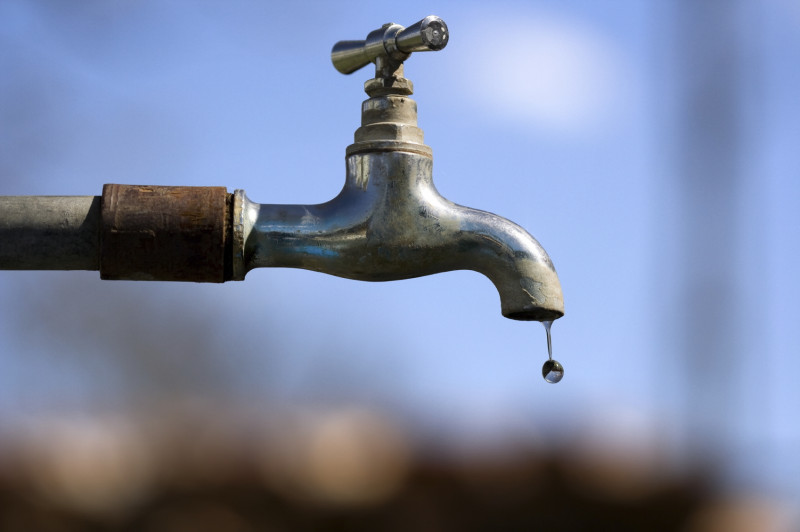Climatologist Bill Patzert, a drought expert at NASA's Jet Propulsion Laboratory in Pasadena, rose at 3 a.m. last week to bask in the sound of rain from the first big storm to roll through Southern California in a long time. By dawn, he was glowering at television reports showing water-wasting automatic sprinklers whirring in the rain behind at the scene of mudslides and floods.
"Tell them to turn off their damn sprinklers for a week. Tell them I said so," Patzert said. "We're still in a drought."
Last week's big storm brought up to 5 inches of rain to Southern California, more than 10 inches to some sites in Northern California and 6 feet of snow in the higher Sierras. The mountain snowpack surged, from just 24 percent of average at the start of December to 47 percent of normal on Wednesday, according to the Department of Water Resources.
The snow in the Sierras is all-important, providing the water supply for more than half of California, said Roger Bales, an expert in hydrology at the University of California-Merced.
He is one of many experts trying to spread the message that one or two rains don't end a drought. The key part of the rainy season — January, February and March — still lies ahead, Bales said.
"It's too early in the season to predict we're going to have a wet, average, or dry year. Anything could happen," he said.
This past summer, an estimated $2.2 billion in annual economic losses from lack of rain helped persuade state lawmakers to begin ending unregulated pumping of vital underground aquifers. California was one of the last states in the country that still allowed it. In the fall, voters approved $7.5 billion for water conservation and storage.
California would need 11 trillion gallons of water to replenish its natural water stores, according to a projection this week from scientists using satellite data to analyze snowpack and groundwater.
"It takes years to get into a drought of this severity, and it will likely take many more big storms, and years, to crawl out of it," Jay Famiglietti, another researcher at the Jet Propulsion Laboratory, said in a statement.
Even so, Fresno County farmer Paul Betancourt was feeling pretty good as he drove this week to his recently planted winter wheat fields. With just 3.3 inches of rain falling on his crop last year, Betancourt was forced to spend $40,000 expanding wells for his 756 acres. Using groundwater to water his fields left white rings of salt in the soil.
With 2.7 inches falling already this winter, that salt is starting to wash away.
"Big improvement on last year," Betancourt said. "Driving, it just looks much fresher. We had to order rain suits."
